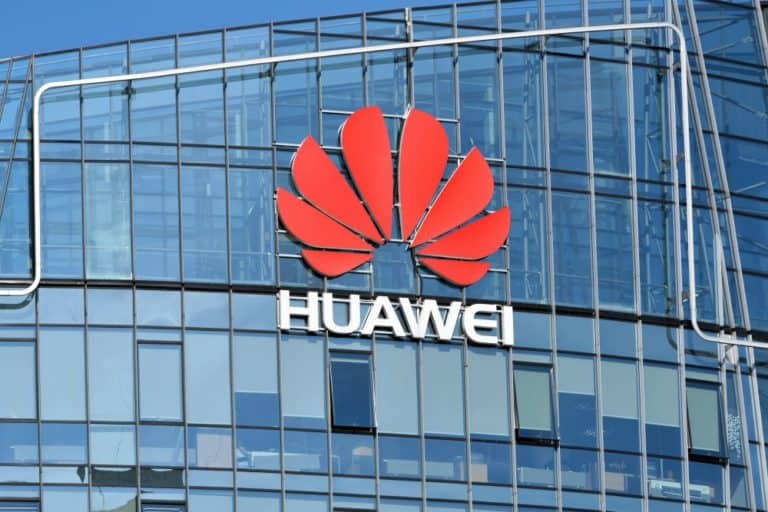The Chinese government is quite clear about this: in the long run, the intention is that Chinese tech companies will be leading companies and not American ones. To make this possible, Chinese companies need to be less dependent on American companies for certain technologies. Huawei Technologies, the world’s largest manufacturer of telecom equipment, is taking a step in that direction today.
According to Reuters, the company is coming up with an AI chip that will drive its servers. In this way, Huawei will not only become less dependent on the American chip manufacturer Intel, but will also be able to better design its still emerging cloud offering. This is the first time the company has used its own chips in servers.
Especially own chips
China wants 40% of the smartphones used in the country to be powered by a locally made chip by 2025. The country invests billions in this and facilitates local companies to make this possible. Huawei is taking a step in the right direction with its chip company Hisilicon.
Huawei will use the Ascend 910 chipset for the servers, which is made on the 7nm process and according to the Chinese company is twice as powerful as the competing Nvidia v100. The Ascend 910 chips will be available next summer. The chips are not sold to third parties.
As we do not sell to third parties, there is no direct competition between Huawei and chip manufacturers, said Eric Xu, CEO of Huawei at the Huawei Connect conference. We provide hardware and cloud services. At the same time, the company is already thinking about the future. We’re looking for new ways to prepare our company and industry for change. It is clear that artificial intelligence will change or disrupt a lot of industries.
For this reason, the company relies heavily on chips that are optimized for machine learning and other tasks linked to artificial intelligence. For example, the Ascend 910 will be used for data centres, but Huawei will also be introducing the Ascend 310, which has been developed for smart equipment.
This news article was automatically translated from Dutch to give Techzine.eu a head start. All news articles after September 1, 2019 are written in native English and NOT translated. All our background stories are written in native English as well. For more information read our launch article.